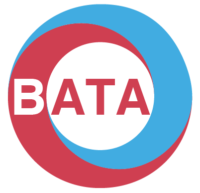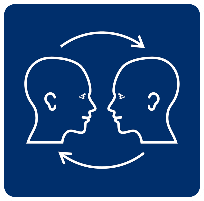This page is currently being reviewed to ensure the information we provide is as current as we can make it.
Communication Matters are working in conjunction with the AAC Specialist Services to provide information about local service provision and how to access funding and support for AAC assessment and equipment. We know that 10% of AAC funding comes from the Specialist Services, but what about the other 90%? We would expect local AAC services to provide this but know this is often not the case. We hope to be able to provide the tools to support individuals and teams to raise the awareness and need of AAC services in your area and you will be able to access that here.







